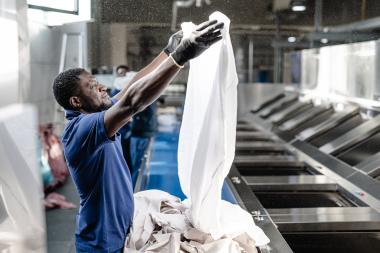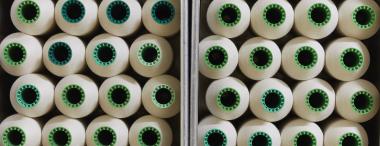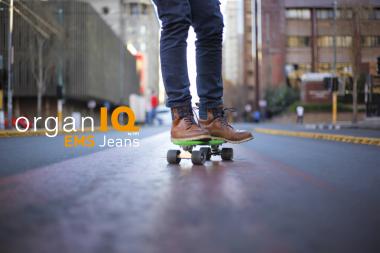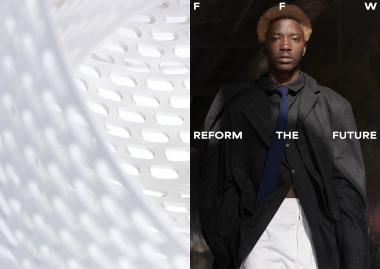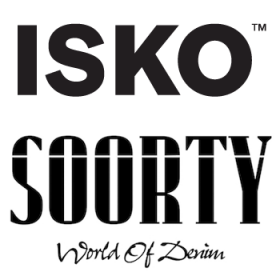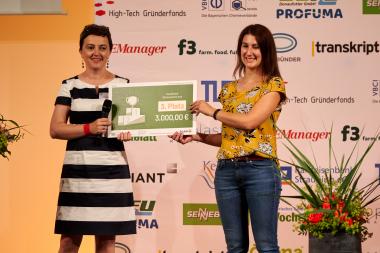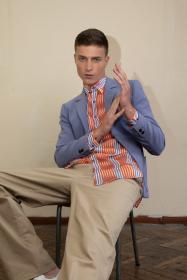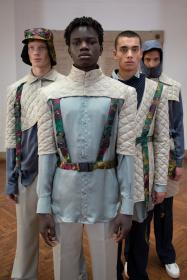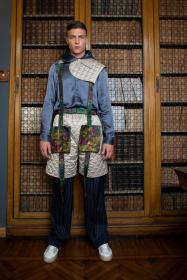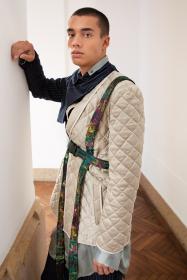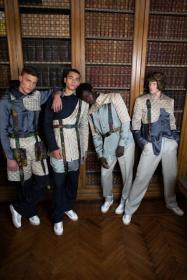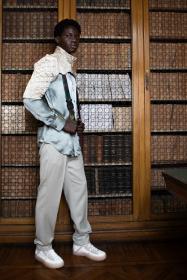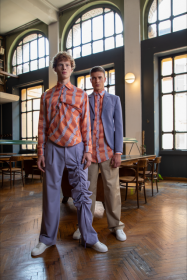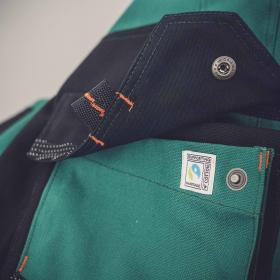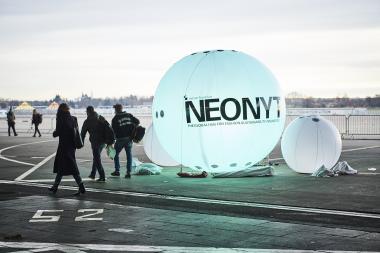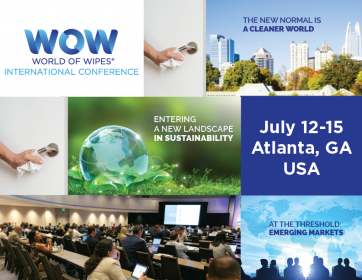Stangelmayer: Umstellung des Sortiments auf Grüne Knopf-Textilien
Das zum DBL-Verbund zählende Mietservice-Unternehmen Textilservice Stangelmayer wird sein Sortiment mittelfristig auf Textilien mit dem staatlichen Nachhaltigkeitssiegel „Grüner Knopf“ umstellen.
„Als Textilservice-Unternehmen haben wir eine lange Tradition. Auf die Verbundenheit unserer Familie zu unserer Profession sind wir stolz - ebenso wie auf unsere oberbayerische Heimat mit ihrer einzigartigen Naturschönheit. Die Einzigartigkeit unserer Region ist für uns aber auch eine Verpflichtung, denn wir verbrauchen Ressourcen und erzeugen einen Unternehmensfußabdruck. Um die Auswirkungen unserer Dienstleistung möglichst gering zu halten, haben wir bereits im Jahr 2004 ein Umweltmanagement nach ISO 14001 eingeführt, 2016 folgte das Energiemanagement nach ISO 50001. Ein Jahr später traten wir dem UN Global Compact der Vereinten Nationen bei, denn wir verstehen Nachhaltigkeit als grundsätzliche Verantwortung gegenüber Mensch und Natur. Daher werden wir nun auch unser Textil-Sortiment auf nachhaltige, mit dem weitgreifenden Siegel ‚Grüner Knopf‘ ausgezeichnete Textilien umstellen. Mit Dibella setzen wir das erste Projekt mit dem zertifizierten Bettlaken ‚ALM‘ um“, erklärt Gerhard Stangelmayer, Geschäftsführer des Textilservice-Unternehmens.
Dibella GmbH


